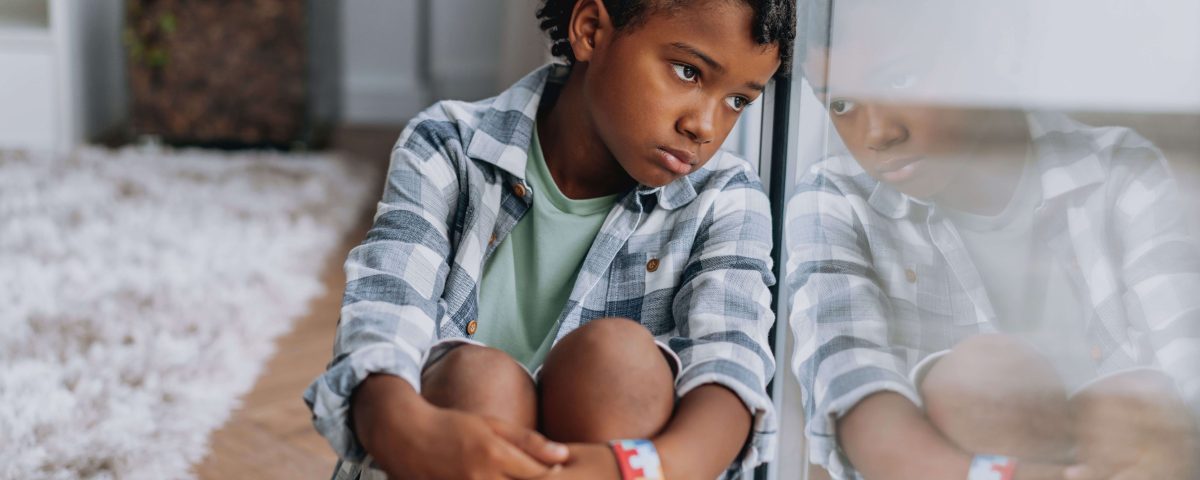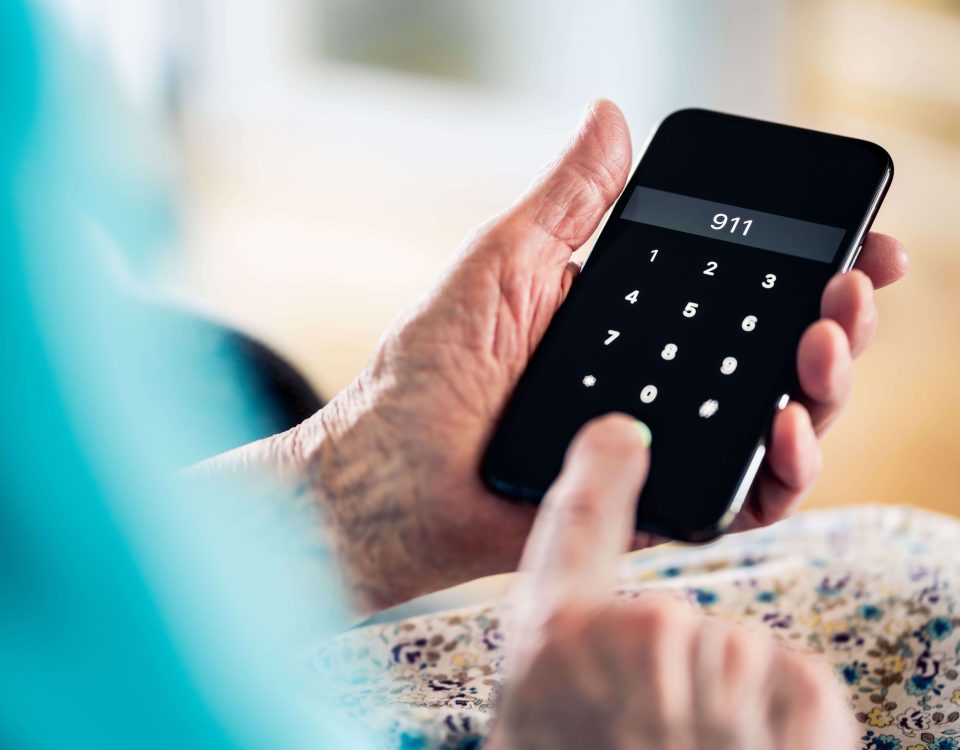- Have any questions?
- 412-123-4567
- noreply@upmc.com
How to Help When a Child Has a Mental Health Crisis

Caring for a child or teen often comes with unexpected emergencies. Those who work with kids in any capacity may have to care for a child who has a mental health crisis. This can include babysitters, camp counselors, and teachers, among others.
Knowing what a mental health emergency looks like can help you get kids and teens the help they need.
Why Are Kids and Teens Experiencing Mental Health Crises?
The COVID-19 pandemic worsened the mental health challenges kids and teens already face. Emergency rooms saw a dramatic increase in kids and teens who had experienced mental health emergencies and attempted suicide.
In October 2021, the American Academy of Pediatrics, the American Academy of Child and Adolescent Psychiatry, and the Children's Hospital Association declared a national emergency in child and adolescent mental health.
Mental health risks for kids and teens have continued, even after life returned to normal. Suicide rates for youth ages 10 to 24 increased 62% from 2007 to 2021, according to the Centers for Disease Control and Prevention. Suicide is now the second leading cause of death in this age group.
What Is a Mental Health Crisis in Kids?
A mental health crisis is when someone:
- Is at risk of hurting themselves or others.
- Has extreme and out-of-control behavior and emotions.
Warning Signs of Mental Health Crisis in Kids and Teens
The following are some warning signs that the child or teen needs mental health help.
They may:
- Express suicidal thoughts. They may say things like, "I want to die" or "I want to kill myself." Or they may make vague comments, like "I wish I was never born" or "I wish I weren't alive anymore."
- Have symptoms of psychosis, such as paranoia, not recognizing friends or family, or hearing or seeing things that aren't there.
- Have sudden or extreme changes in mood or behavior, including severe agitation, hostility, or physical aggression.
- Hurt themselves, such as by burning or cutting their skin.
- Threaten to hurt themselves or others or damage property.
What Is a Crisis Plan in Mental Health?
When caring for any child or teen, you should know how to reach the parent. You should have their direct phone numbers and the details of where they are in case of an emergency.
If the child or teen you're caring for has existing mental health issues, their parents or guardians may have a crisis plan already in place. Review this plan with the parent or guardian before they leave and follow it if a mental health crisis develops while they're away.
A mental health crisis plan may include:
- Background on the child or teen's mental health diagnosis. This can include a list of their medications, history of drug use, and any previous psychosis or suicide attempts.
- Mental health crisis triggers, such as phobias or fears.
- Phone numbers of who else to call during a mental health crisis if you can't reach the parents or guardians. This may include the phone numbers of family members and friends who can help. It can also include the phone numbers of their doctor, therapist, or psychiatrist.
- Places to go during an emergency, including addresses and contact information for nearby walk-in crisis centers or emergency rooms.
- Things that have helped during a mental health crisis in the past.
How to Help During a Mental Health Crisis
Kids in a mental health crisis may not think or act rationally. How you react can help them get through the situation until you can get help.
To get through an emotional crisis, follow these tips from the National Alliance on Mental Illness:
- Keep your voice calm, and don't overreact, threaten, or argue with them.
- Ask what you can do to help.
- Express your concern and support.
- Give them space.
- Don't touch the person unless they say it's OK.
- Offer options that may help instead of trying to take control.
- Stay patient.
When to Get Help for Kids Mental Health Crisis
If you don't have a mental health crisis plan to follow, you'll have to use your best judgment on when and what level of help you need. Always contact their parent or guardian if you're worried about a child's mental health.
During non-emergencies
Sometimes, a child or teen isn't in any immediate danger to themselves or others, but you're still concerned a mental health crisis is developing. In this case, contacting a crisis hotline may help.
- Call or text 988 to connect with the 988 Suicide & Crisis Lifeline. This is a national network of local crisis centers that provide free and confidential 24/7 support to anyone in suicidal crisis or emotional distress. You can also live chat online, including in Spanish and other languages, at 988lifeline.org.
- Text the Crisis Text Line. Text HOME to 741741 to connect with a volunteer crisis counselor who is available 24/7 to provide support.
During an emergency
If a child or teen is in immediate danger or hurting themselves, others, or property, don't leave them alone. Take any comments they make about suicide or wanting to die seriously.
Options for emergency help include:
- Call 911 or go to the nearest emergency room.
- Call or text 988 to connect with the 988 Suicide & Crisis Lifeline.
Tips for calling 911 or crisis hotlines
- Ask whether they have a children's crisis team. These are trained specialists who help children and teens with mental health issues.
- Provide as much detail as possible about the child's mental health background and the reason why you are calling.



